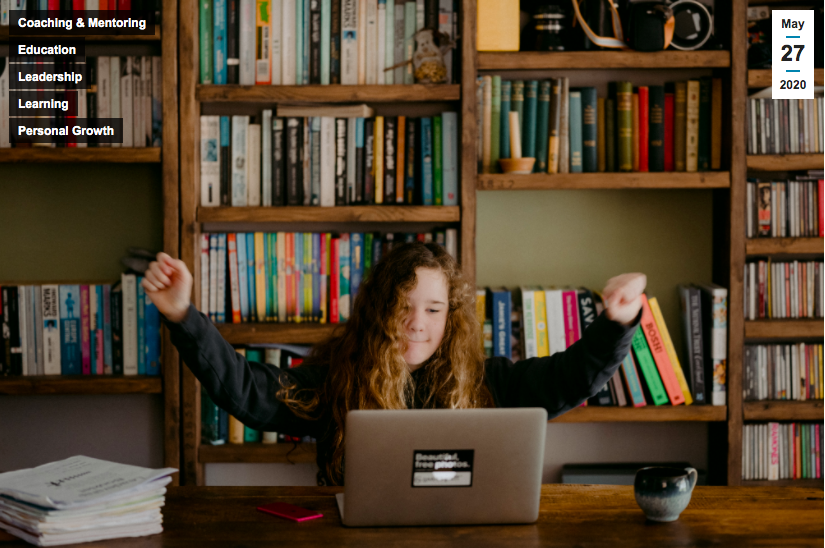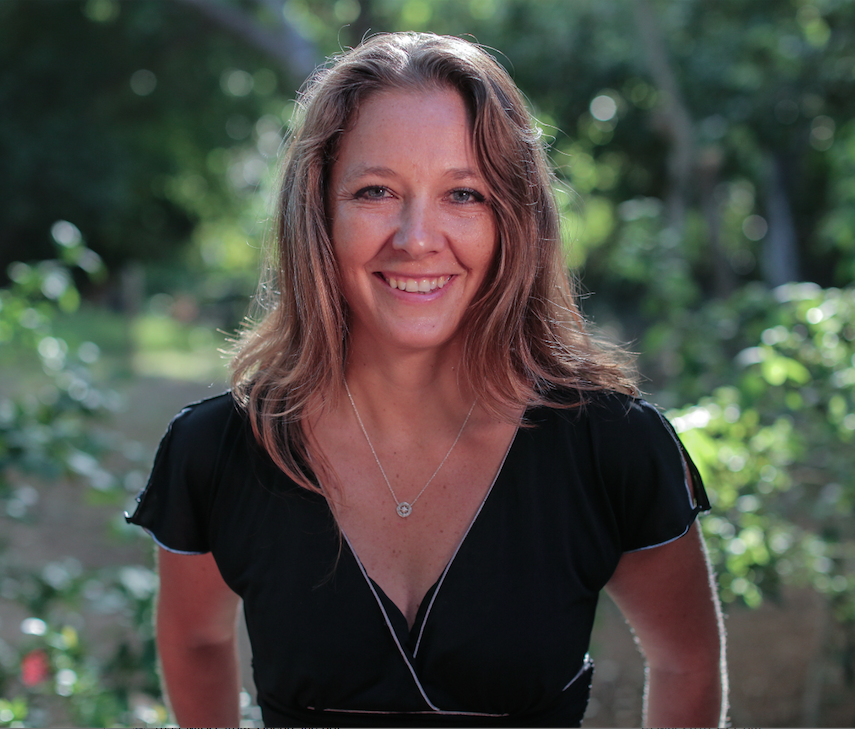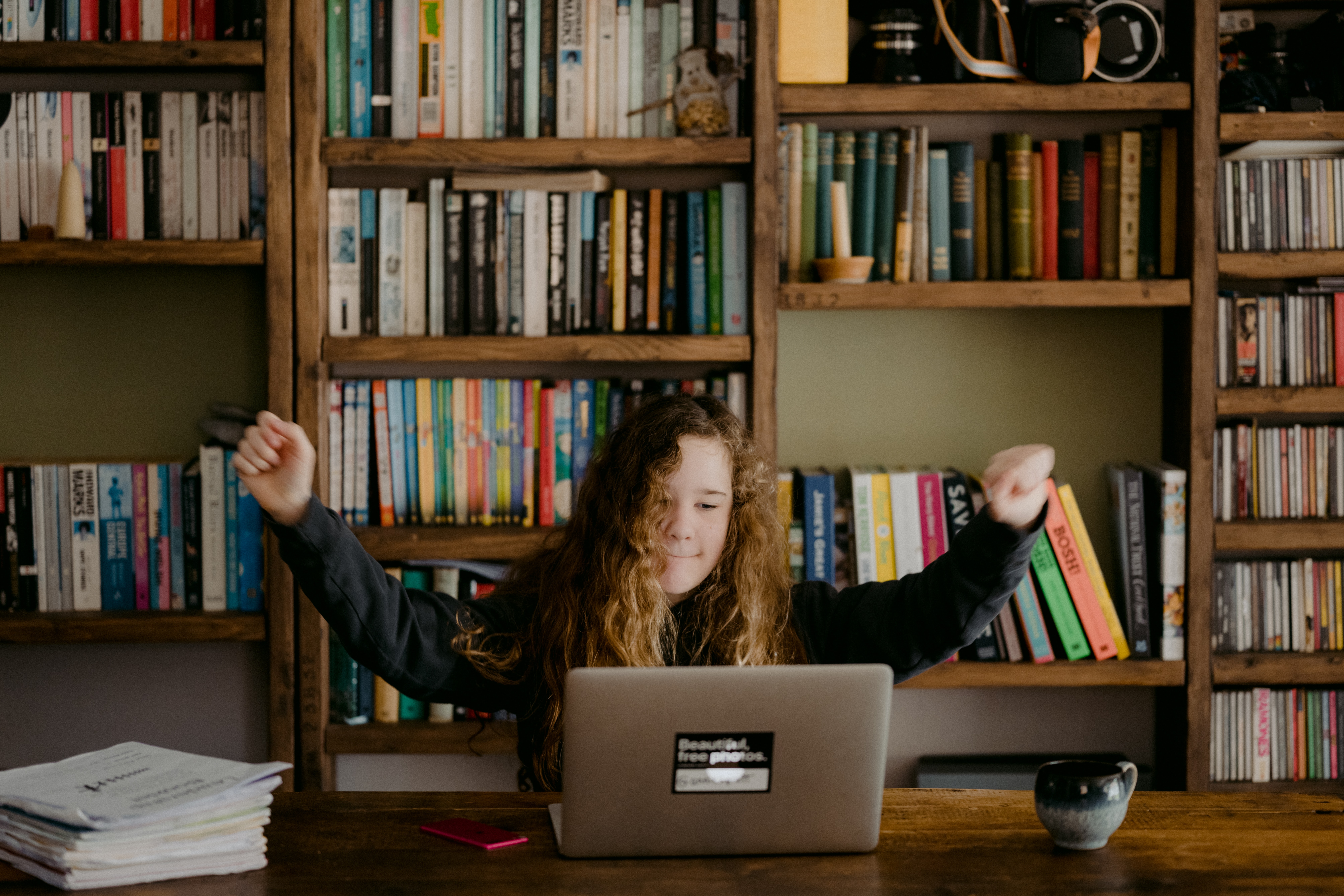
I want to share with you something funny that made me laugh out loud. Truly. And then it also made me think. (Kind of a “hahaha—Hey, wait.” moment).
In the last couple of months, I hit pause on my overseas Retreats and pivoted to increase teaching my personal growth programs online.
This pivot expanded to offering my workshops for teenagers now stuck at home and not attending school.
I teach privately but also chose to host some of my own courses through an organization connecting teachers with students online. This organization is open to receiving requests for new topics, where students and parents can offer up ideas for the kinds of things they want to learn.
Take a look at this list of classes below that was recently submitted.
These requests are from parents teaching their kids at home. The parents are either humoring their kids or honestly searching for opportunities to learn about these topics.
They are stretching the limits of what is possible, now that education has become less concrete and more open water.
The vast range of requests reveals both entertaining and thought-provoking non-traditional topics our kids want to learn about (and the age of each learner, which makes the topics seem more surprising and amusing).
You’ll find some tried and true (and necessary) traditional topics sought after here, but also topics that even I would want to sign up for.
SURELY there is value in heeding the call (the words in bold are the actual topics requested):
“Art for kids terrified of art” for age 7. (What an opportunity to build confidence and cultivate imagination, while teaching a new skill).
“Beginning Korean: introduction to the Korean language, vocabulary” for age 5. (Korean is one of the top ten hardest languages to learn. Imagine what kind of thinker this kid will become if his brain learns to master a new language at such a young age.)
“A class on plants vs. zombies” for age 7. (How FUN! And an engaging way to weave in biology, natural science, strategic thinking, and cultivate creative, imaginative thinking….)
“Intro to Human Biology” for age 14. (Yup. This topic it seems to me is a keeper.)
“Learning Multiplication facts the fun way- small class for ages 7-11” for age 7. (Yes. Emphasis on the FUN, please.)
“How to file/do taxes for teenagers” for age 16. (Yes please! Hands up if you’re a grown-up who still isn’t sure about any of this.)
“Drawing dinosaurs for beginners” for age 6. (Again, art, imagination, science – all core subjects).
“Feminist stories for kids” for age 5. (I can see this being used to help teach young boys and girls respect and appropriate manners and behaviors towards all genders).
“How to ace the college interviewing process” for age 16. (Back in the day, this was something kind-hearted teachers left their classrooms open for after school so that volunteer tutors could help high school kids. Not all schools hired pro-active counselors to better equip students to enter college. This class would help.)
“Tadpoles and raccoons” for age 3. (Well….why not?)
“More soap carving classes” for age 11. (Insert opportunities for history lessons, chemistry, natural science, art, group projects, health lessons . . . )
“Monochromatic madness” for age 8. (Not sure what this even entails, but worth a perusal).
“How to fit in with other boys” for age 14. (THIS. What a way to teach mental health, (and yes, it’s a topic that can be taught), empathy, confidence, communication, values, self-awareness. I would even replace “fit in” with “connect and build healthy relationships”, and replace “other boys” simply with “others”. Sign them up.)
“Making pasta by hand” for age 9. (Cooking, collaboration, history, healthy eating, patience, attention to details, learning from mistakes… these are all the subject areas I see in this class request).
“Vegan, gluten-free cooking and baking” for age 18. (Definitely, there is a market for more of this, and targeted at an age about to enter the workforce, or higher education learning if they wanted).
“Autism-friendly Kindergarten level classes” for age 5. (For kids with or without autism, what an open approach to support learners with different needs, and nip bullying in the bud.)
“Classes for gifted children” for age 7. (Some kids need the bar set higher for them. Let’s give it to them.)
“I would like a class to socialize and train my four chickens.” for age 8. (I see an opportunity here for learning the ropes of community building, socializing, collaboration, strategy, natural science, and – let’s be honest, assuming this might not be as straightforward as hoped – a hilarious and healthy approach to learning from failures.)
“Yoga body moves hands arms and legs” for age 7. (Easy link to physical health, and eventually yoga as a bridge into meditation, learning how to find calm, and being present and still as one of the tools towards mental wellness. Yes to learning this at a young age.)
“Sonic the Hedgehog- maybe about simple physics- speed, velocity? Maybe turn Sonic into an airplane? Compare sonic to fast cars and make it about engines. Or Sonic and the human body like how fast would his blood need to pump? Or a writing class about sonic” for age 8.(This parent sees the same potential here as I do).
“Very basic drawing of a person for someone who can only draw stick people.” for age 8. (That’s for me. My drawings suck. I’ll sign up.)
“Stock market for kids” for age 14. (Yes. If not how to play the stocks, at least how they work and impact our economy).
“Different races and racism, learning how to interact with people of different races” for age 9. (Yes, especially learning how to interact with those different from us, rather than a historical perspective of racism in general, which is how I was taught. And I was taught racism by believing the opinions of authority figures was the truth. Which also sucks. As a society we are far better off teaching about racism and how to approach it, than learn about it from a distance, or learning about how to untether our own racist upbringing to function as humans in today’s cross-cultural, mixed-race world.)
“How to Win Friends and Influence People” by Dale Carnegie” for age 16. (Again, reading books aimed at personal growth, self-discovery, self-improvement will all help improve a healthy mentality.)
“Zombie online dance class” for age 6. (Fun meets exercise. Win-win).
“Relationships for Dummies” a great book by Kate M Wachs” for age 16 (Again, I’ll sign up for this one too.)
“Black history classes taught by women of color to inspire young girls” for age 8. (YES. And yes to women of every color being inspired by women of color. #michelleobama #oprah #mayaangelo #venusandserenawilliams #kamalaharris #meghanmarkle #myfavoriteliteratureprofessorinuniversityYvonneAtchinson)
“Body basics: skeleton, heart, lungs, brain, muscles, and more” for age 9. (Yep. Maybe not all in the class are future doctors, but the more we know about how our body works on the inside, the better we can take care of it.).
“Exploring what being a lawyer is like so undecided teens can head down that path” for age 15. (This sounds like Career Day. So yes. And Yes to Career Day being expanded into Career Week and giving students a full day-in-the-life experience in a variety of professions, followed by Q & A sessions. Then THIS accompanied with a session on identifying personal values that enable teens to lock into what’s important to them. Then, showing teens how to connect those values clearly with the opportunities/consequences that come with each career choice.).
“Self-confidence for boys” for age 5. (Age 5? Yes, please. Easier to instill this now, than to undo damage later on and start again. Easier, less expensive when it comes to losing money on therapy, or loss in relationships that slip where self-confidence is either lacking or overdone.)
And there it is, folks. We can laugh at the comical requests from children (and their parents).
Or, we can think about what is going on beneath these requests.
Reforming education has been hollered about for decades. Now that we have the runaway train of year-round curriculum come to a screeching, smoking halt, how can we do things differently? How can we be open to more creative learning that hits the mark where it matters?
Summer is here and the next school year looms. Education is changing, making room for alternative approaches to learning.
Kids are online. Screen time takes on a different meaning now. Once a thing that was monitored and limited in some households, has become the primary way to connect, learn, and to understand.
And . . . emerging with more visibility now are areas of learning that were once considered alternative or marginal. Such as shining light on needed topics such as Emotional Intelligence, Mental Wellness, and Personal Growth.
These focal points of human development have been around for decades, but now, rapidly, more of us are paying attention.
Just consider how much stronger we will be as a species if we make room in our education systems to learn the things we are uniquely equipped to learn? If national standardized, get-into-Harvard testing, aren’t the only parameters to earning a degree?
Out-of-the-box thinking is what we humans have always needed in times of societal, cultural, or global growth. It’s the stuff revolutions are made of.
So, in response to the list of topic requests above, yes to learning key skills, such as analysis and critical thinking, but yes also to imagination and creativity.
Yes to making art.
Yes to practicing mindfulness.
Yes to learning about modern finances and the global economy.
Yes to soulful experiences that validate our self-worth, solidify our understanding of our own needs and wants.
Yes to mental wellness being as high up on the list of general knowledge in our education systems as algebraic formulas.
The list of specific classroom topics above reveals more to me than imagination or a nudge for creative teaching. It reveals that we have the opportunity to cultivate the creative, innovative thinking for ourselves and our youth.
We can better equip them with the sound mind, emotional intelligence, and healthy self-perception they need to eventually become effective leaders and community members we will one day lean upon.
You know… with the shelter-in-place, quarantines, and flatten-the-curve strategies we’ve mostly all experiences, it feels like we’ve all been sent to our rooms to think about what we did.
Sure, there’s the bigger picture. The eyes-flown-open reaction as our leadership around the globe lets us down. The systems we have in place which failed so much of our global population, economic systems, health systems, the structure of our education…
When we approach education rigidly, and minimize the value placed on non-traditional subject areas and overvalue learning methodologies that stint our growth, we waste our time and our kids’ potential.
We shunt their funnel of learning, enforcing the notion that only certain topics are of value when there is SO Much more that our society can benefit from if we nurture the young, eager-to-learn minds of our students in supportive and broader-thinking ways.
This list above shows us a glimpse of that.
So. What will we do about it?
~ Christy

Personal Development Facilitator | Leadership Training Expert | Purposeful Travel Advocate | CEO at Venture Within
Details on cultivating authentic connection through the 12 Week Coaching & Mentoring Program, the create-your-own Mentoring for Remote Workers Program, and can be found on my site.
Reply in the form below if my 1:1 you’re ready for my private coaching and mentoring sessions to support you. ?
- Sign up to receive future blog posts here.
- Sign up to follow me on Instagram here.
My Stories are pretty good. ?


